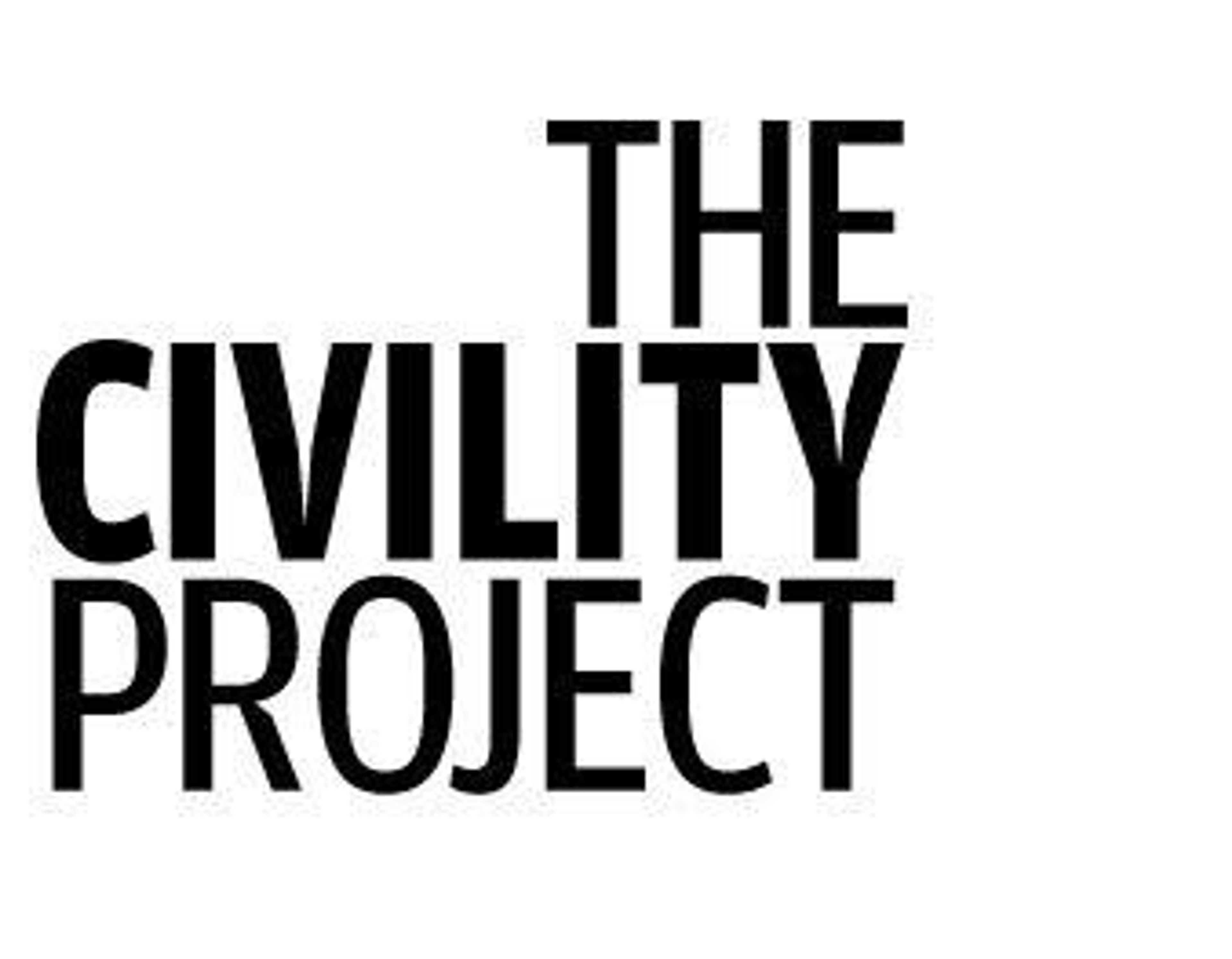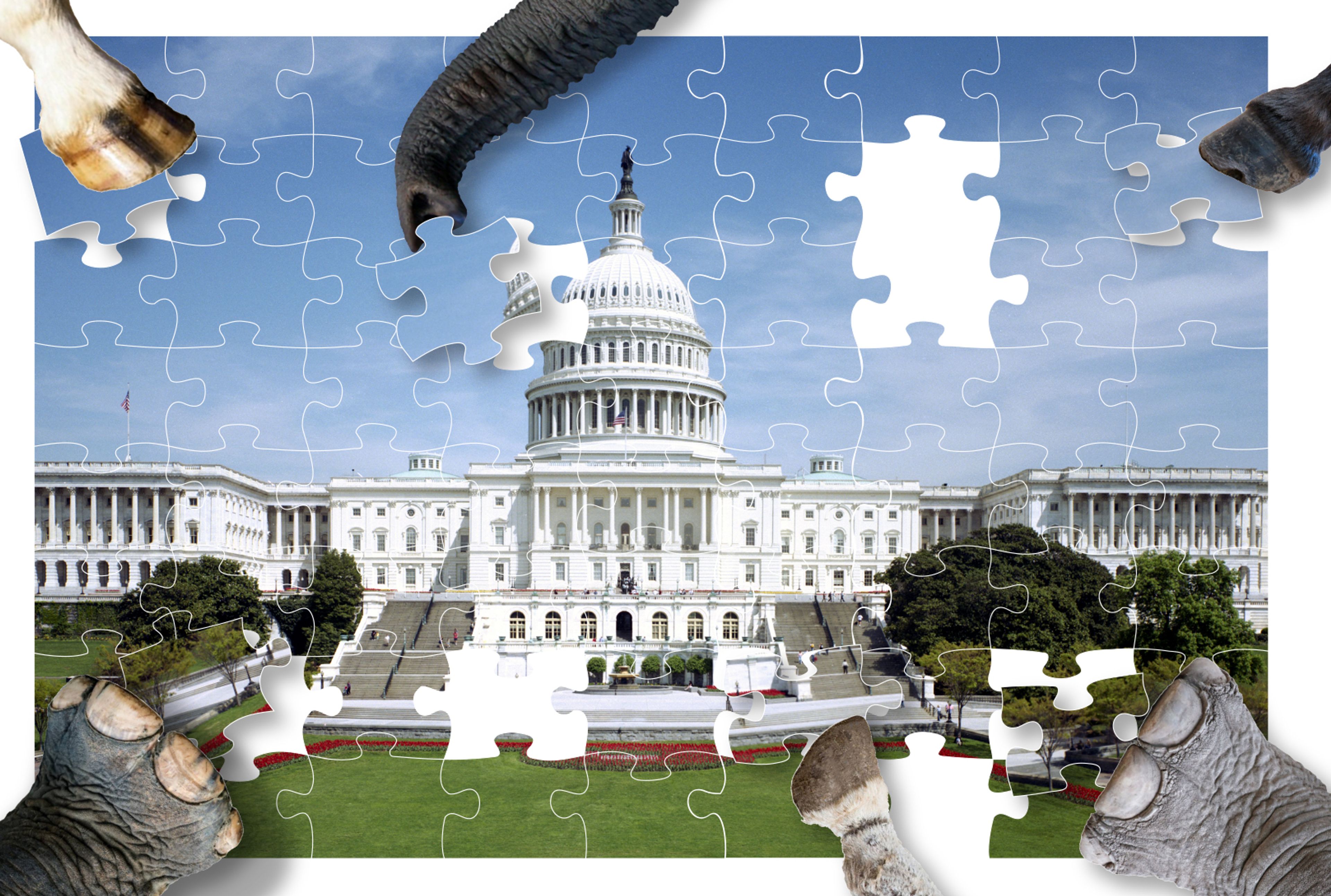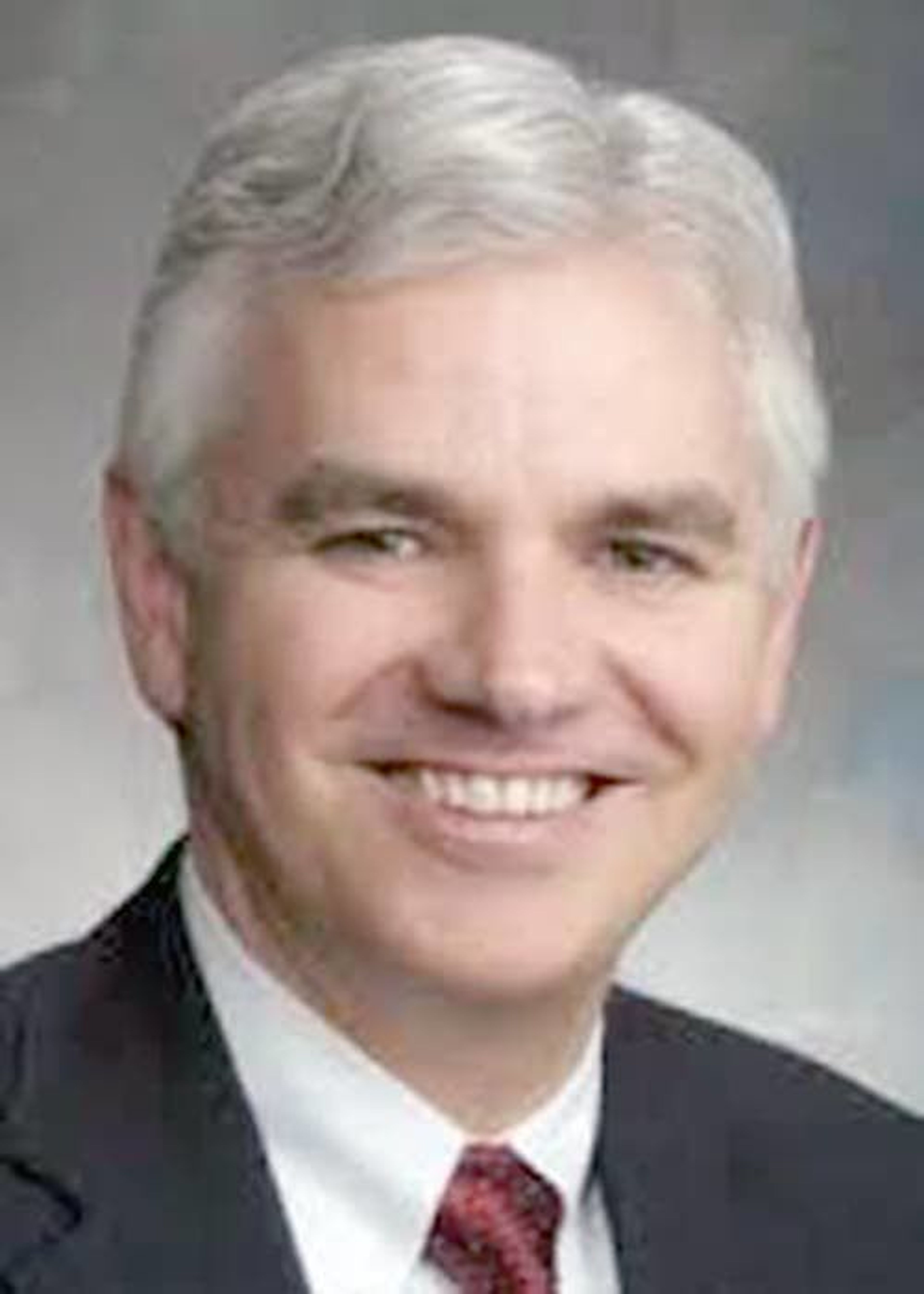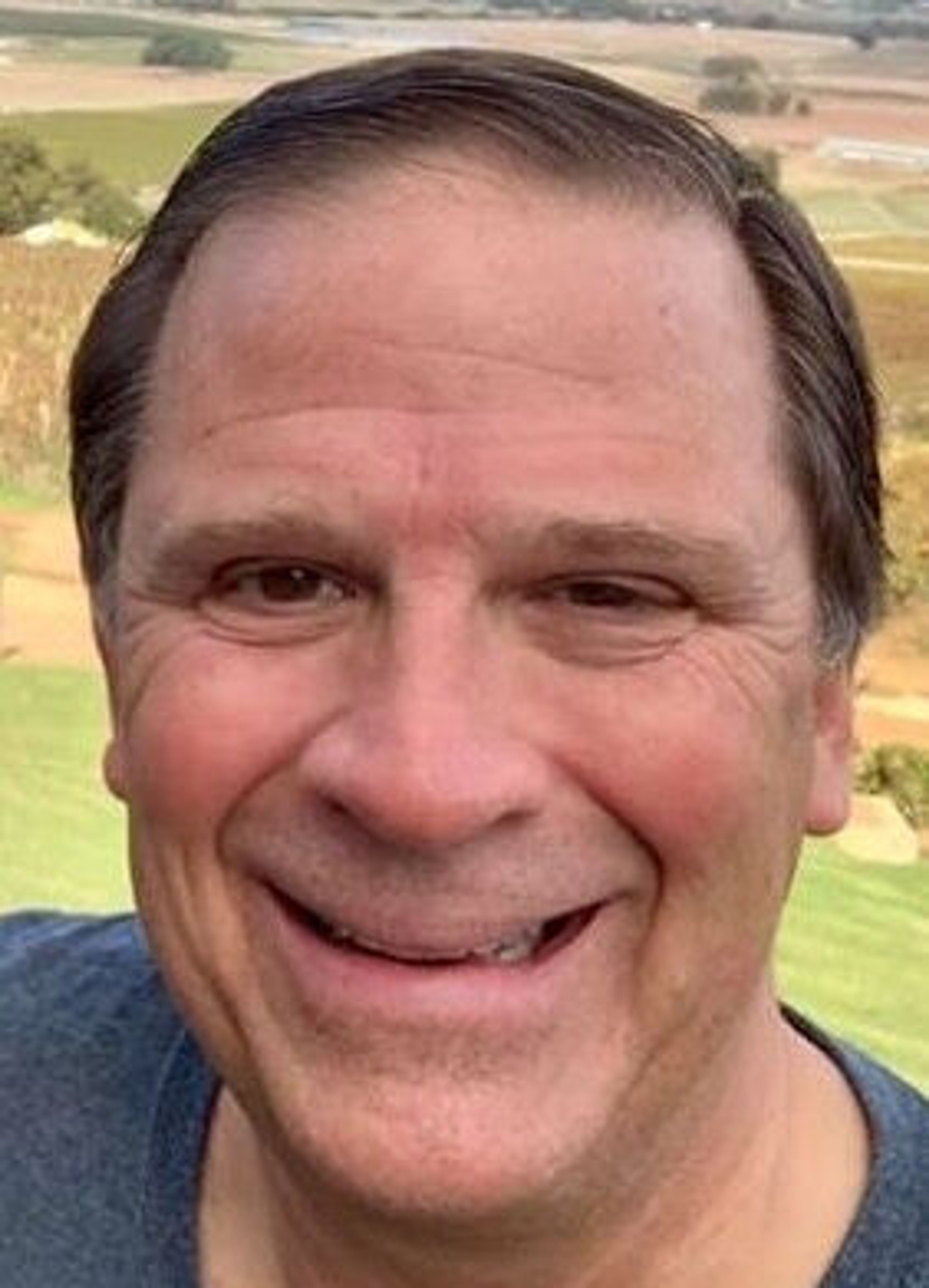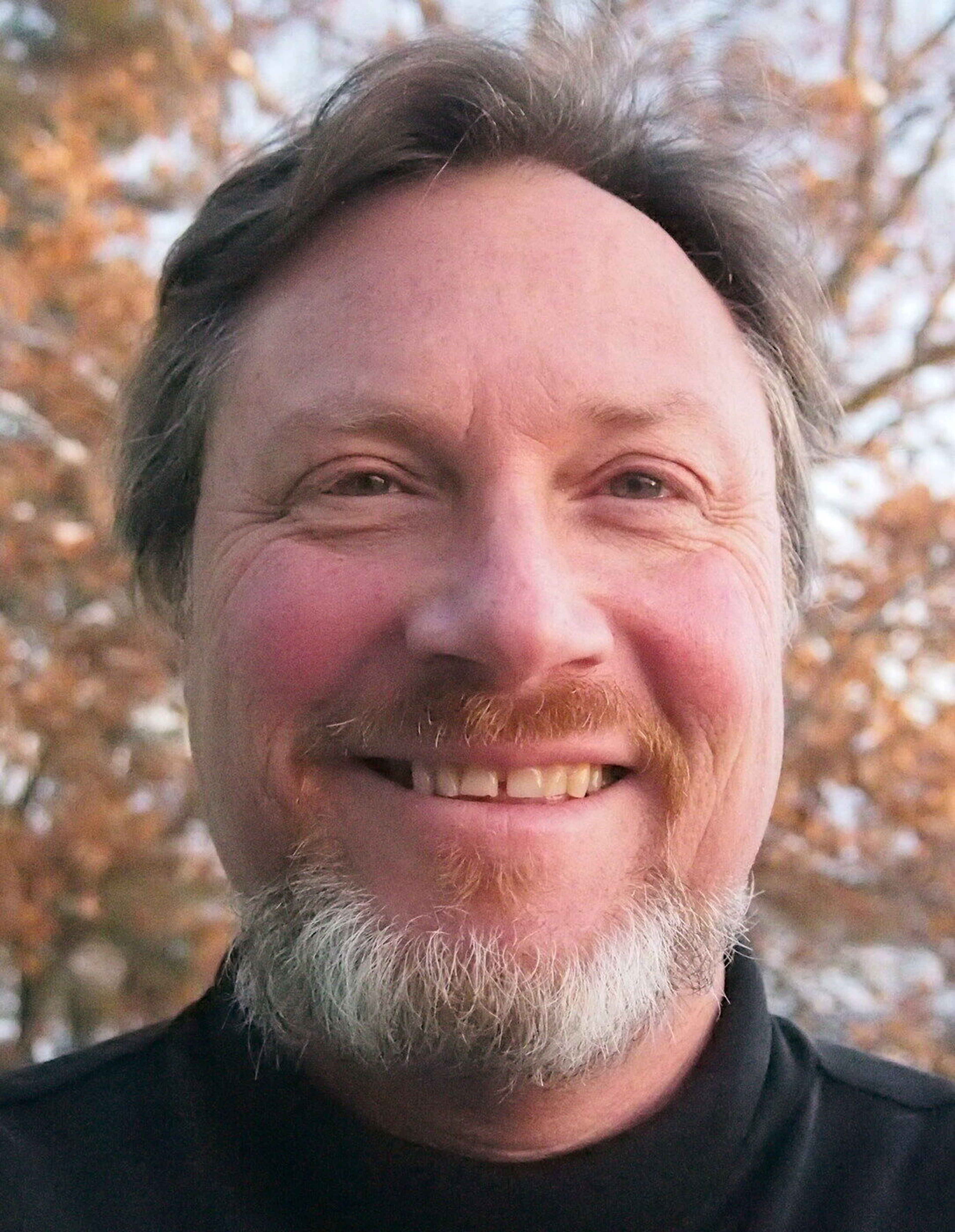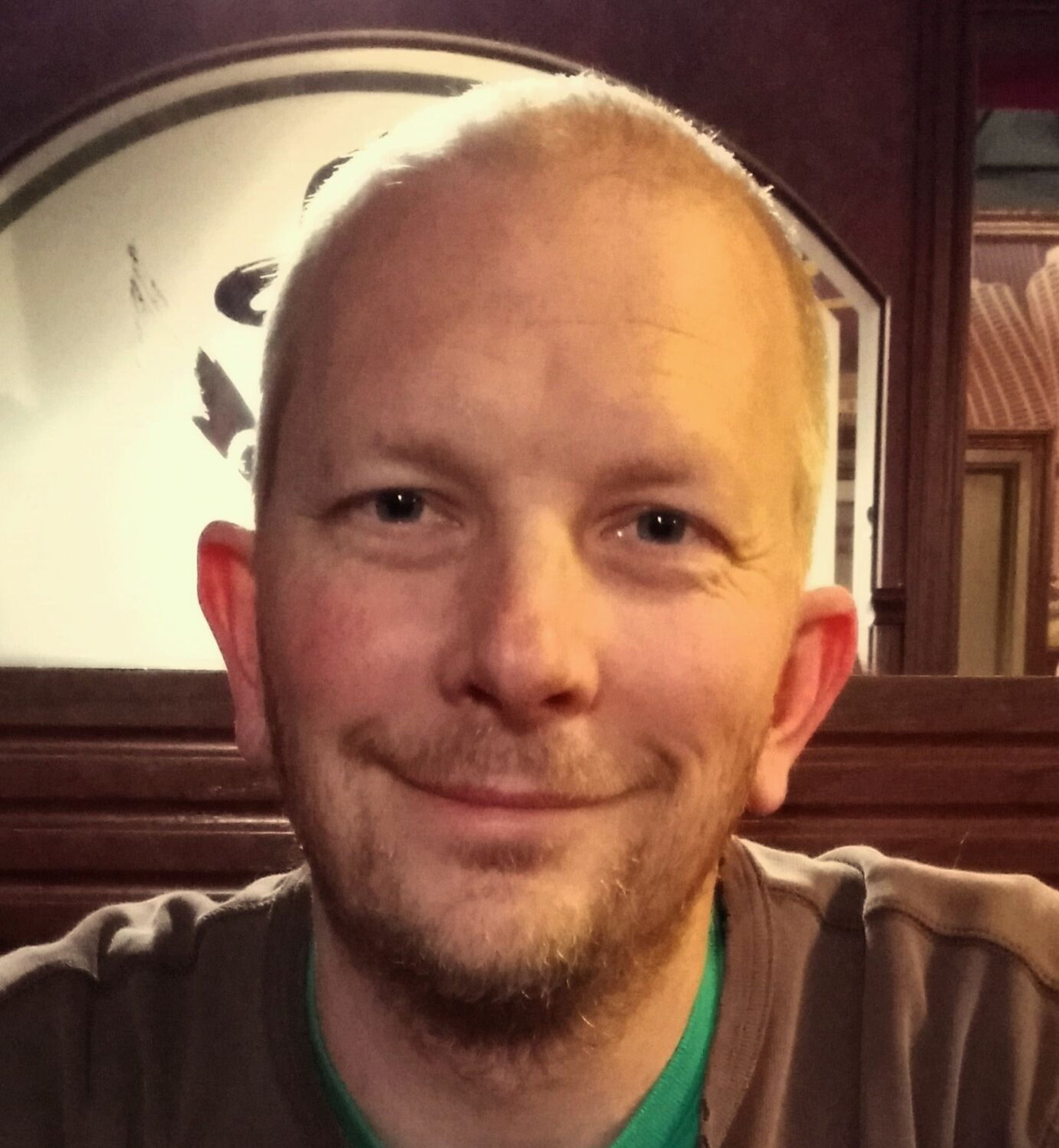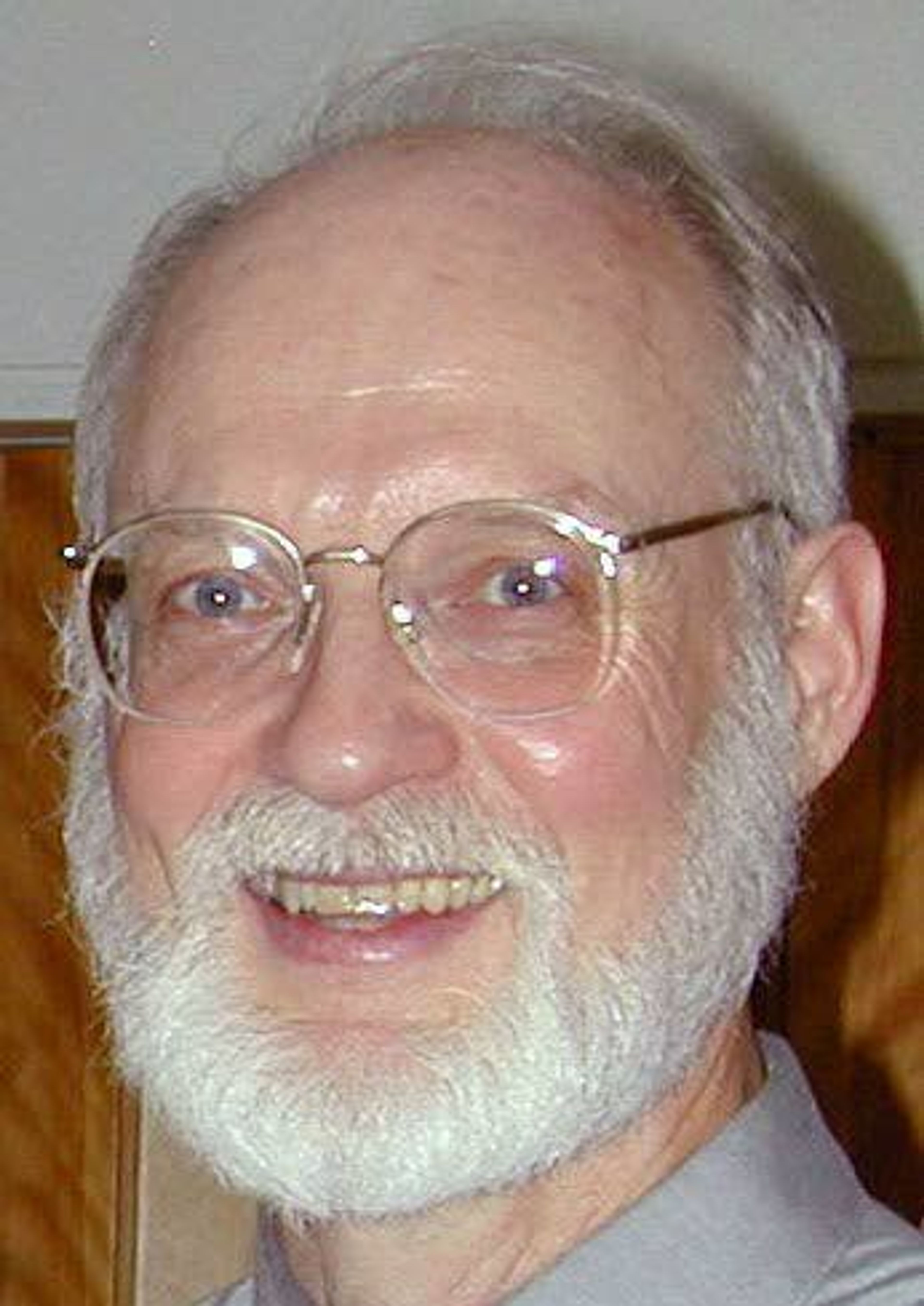Working to solve the civility puzzle
Keith Allread, an Idaho native and onetime Democratic aspirant for governor, seeks solutions to partisan gridlock
Barely eight years after the Constitution was ratified, America’s first and only independent president cited extreme partisanship or “the spirit of party” as one of the greatest dangers facing the republic.
In his 1796 farewell address, George Washington warned that rabid factionalism only serves to “distract … and enfeeble the public administration.”
Rather than unite the country in common cause, he said, it divides “with ill-founded jealousies and false alarms … kindles the animosity of one part against another (and) opens the door to foreign influence and corruption.”
Although this disposition toward tribal alliances “is inseparable from our nature,” Washington said, it must be guarded against: “A fire not to be quenched, it demands a uniform vigilance to prevent its bursting into flame.”
Nearly 225 years later, Congress is ablaze.
Even before the impeachment inquiry, Republican and Democratic leaders hardly went a day without belittling each other in the official record. Committees are battlegrounds for partisan differences and legislation is weaponized, designed more to beat up the other side than to promote consensus solutions.
“There isn’t a single member of Congress who would bring their kids here to learn how to act or learn how to deal with controversy and disagreement. Not a single parent would do that,” said Rep. Emanuel Cleaver, D-Mo., during a hearing last September.
Yet in this polarized environment, where there’s scant room for compromise, former Idaho gubernatorial candidate Keith Allred finds reason to hope.
Allred, 55, was named executive director of the National Institute for Civil Discourse last year. His job is to help promote healthy and effective political debate, so lawmakers can move past the partisan flames.
“I can’t think of anything I’d rather be working on,” said the fifth-generation Idahoan. “The American experiment in self-government is at grave risk. History makes it clear: Self-government is difficult to pull off. To make it work, we have to be able to engage our differences constructively.”
More divided than ever
Allred, who grew up in Twin Falls, was the Democratic nominee in Idaho’s 2010 gubernatorial race. He lost to incumbent Gov. C.L. “Butch” Otter.
He is acutely aware of the challenges any call to bipartisanship faces in today’s political climate. His tenure with the National Institute, in fact, began in January of 2019 — during the longest shutdown in U.S. history, when the federal government itself stopped operating because the two parties couldn’t effectively resolve their differences.
Nine months later, he testified before the Select Committee on the Modernization of Congress regarding opportunities to “promote civility and build a more collaborative Congress.” That same day, the House Intelligence Committee held its first hearing on the impeachment inquiry.
“I am sober about how big the challenge is,” Allred said during a December telephone interview. “We’re more divided than we’ve ever been — but America has faced great odds at many points in its history. It seems we don’t get serious about solving problems until things reach crisis proportions. The fact that things are so bad now creates the conditions in which it’s possible to make changes.”
Civility, he believes, will be critical to that progress.
That view is shared by the National Institute of Civil Discourse, which launched at the University of Arizona after the 2011 shooting of Arizona Congresswoman Gabby Gifford.
The organization offers programs and research to help lawmakers tackle major problems effectively — while also encouraging the media to report on them fairly and responsibly.
Despite its highfalutin name, Allred said, the institute isn’t “a bunch of academics sitting around talking nice about talking nice.”
“Civility is often defined superficially as ‘politeness,’ and it’s been used to shut down discourse and censure opposing views,” he said. “But we have a more muscular definition. I use the term ‘engaging our differences constructively’ as much as I talk about civil discourse.”
Among other things, that means having honest conversations about one’s beliefs while respecting an opponent’s concerns, as well as acknowledging the strongest points of his or her argument instead of focusing exclusively on the weaknesses.
“It opens up conversations, rather than shutting them down,” Allred said.
Common ground and better relations
Similarly, his recommendations to the Select Committee on Modernization focused on “creating more positive opportunities for members of Congress to get to know each other.”
“The structures and processes in Congress increasingly contrive to amplify divisions that already exist,” he testified. “These proposed reforms simply aim to provide members with the opportunity to exercise the natural ability that all humans possess to develop warm affinity for each other.”
He suggested that Congress hold biennial committee retreats and joint agenda-setting sessions, as well as frequent informal meetings and a multiday retreat for all members and their families at the beginning of each session.
The goal, he said, isn’t to create a Norman Rockwell world where everyone hangs out together, but to help members find common ground and strengthen relationships. Emphasizing shared concerns is the only way to avoid the pitfalls Washington warned about.
“The base of each party is only about a third of the country,” Allred said. “More than 40 percent of Americans are independent. We can’t have a third of the country imposing their views on everyone else and make it work.”
Allred’s interest in political relations began years ago. As a history major in college, he became fascinated by the barriers the Founding Fathers erected in the Constitution. Like Washington, they were deeply concerned about factionalism, about the ability of one group to trample another.
“They knew the primary reason all previous attempts at self-government had failed was because of this problem — the spirit of party,” he said. “That was the No. 1 problem they wanted to solve, so they enacted defensive barriers that made it harder for one party to impose its views on another. They took the separation of powers farther than anyone ever had before.”
As he studied these procedural hurdles, Allred had a startling insight: If partisan solutions are blocked by design, then the only way to get things done is to identify and champion broad, bipartisan solutions.
“As humans, I didn’t think we were very good at doing that,” he said. “So figuring out how to do it became the focus of my career.”
Room for hope
After several years in academia, Allred put his thoughts into practice by creating the Common Interest, a political action initiative he rolled out in Idaho in 2005. That has since morphed into CommonSense American, a national version of the program.
CommonSense American is the main reason Allred remains optimistic that polarization in Congress can be defused, at least to some degree.
The organization enlists average Americans in the effort to find consensus solutions to major policy bottlenecks. After identifying issues that have the greatest opportunity for bipartisan resolution, policy briefs are developed discussing potential approaches to the problem. The pros and cons of each approach are then detailed, which members of CommonSense American review and vote on. If a solution garners at least two-thirds support, CommonSense American will lobby Congress to approve legislation.
“Every member commits to spending 90 minutes per year reviewing briefs, which are randomly assigned,” Allred said. “We then ask that they lobby their members of Congress for any solution that has at least two-thirds support.”
The organization currently has about 9,500 members, he said. They’re recruited primarily through social media. The conversion rate — the percentage of people who sign up after clicking on the link — is close to 20 percent.
“In a typical social media campaign, a 4 to 5 percent conversion rate is considered a success,” Allred said. “That’s the No. 1 evidence for me that the American people are hungry for something different, and are ready to do something about it.”
And that active participation is what’s needed to resolve the crisis in partisanship, he said. It’s what is needed to fulfill the Founders’ vision for the country.
“I think the American people will be our saving grace,” Allred said. “We are less polarized than Congress is. We need to stand up and be active if we want to see positive change.”
Spence may be contacted at bspence@lmtribune.com or (208) 791-9168.
WHAT: The Civility Project luncheon, featuring former Idaho Gov. C.L. “Butch” Otter, former Idaho Congressman Walt Minnick and Bill Manny with Idaho Public Television.
WHEN: 11:30 a.m. Tuesday, Feb. 25
WHERE: Lewis-Clark State College Williams Conference Center, Lewiston
RSVP: Online registration and early lunch payment can be made by visiting The Civility Project (Lewiston, ID) event on Facebook and clicking “register;” or call (208) 746-8742 between the hours of 8 a.m. and 5 p.m.; bring $15 in cash or check to the luncheon.
CIVILITY PREFUNK
WHAT: A chance to meet Daily News and Lewiston Tribune editors, share thoughts on civility and provide journalistic kudos, criticisms and feedback for both newspapers. You speak, we listen.
WHEN: 7 p.m. Tuesday
WHERE: The Breakfast Club, downtown Moscow.
PERKS: A beverage and dessert on the house.
